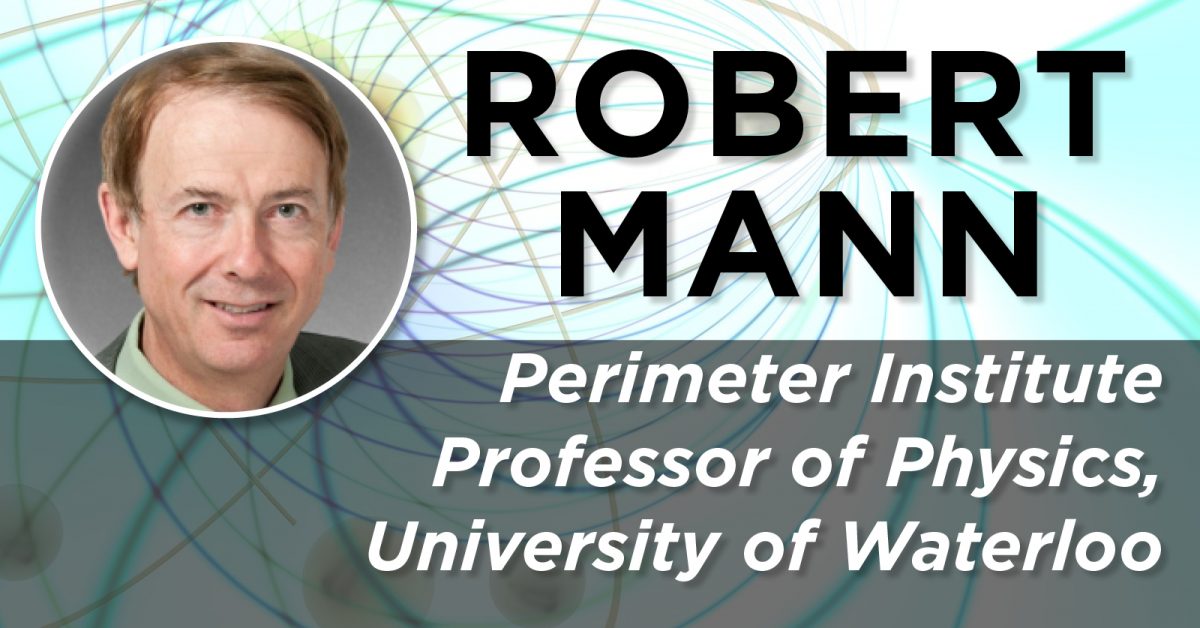FREE PUBLIC EVENT: TWU: Science, Faith, & Human Flourishing, TWU Physics Department, and the CSCA present a lecture by Robert Mann (Perimeter Institute, Professor of Physics, University of Waterloo).
Find more events in Vancouver, BC
Time and Eternity
God has made everything beautiful in its time. He has also set eternity in the human heart; yet no one can fathom what God has done from beginning to end.
Robert B. Mann (PhD University of Toronto) is Professor of Physics at the University of Waterloo; he has been a visiting professor at Harvard and Cambridge Universities, and the Kavli Institute for Theoretical Physics. He is an Affiliate Member of the Perimeter Institute and the Institute for Quantum Computing. Author of over 350 papers, he has received numerous awards, including a Fulbright Fellowship, Teaching Excellence awards from the Ontario Undergraduate Student Alliance and from the University of Waterloo, and a Presidential Award of merit from the University of Waterloo. He was chair of the Department of Physics and Astronomy at the University of Waterloo from 2001-2008 and is a past President of the Canadian Association of Physicists (2009-2011) and the Canadian Scientific & Christian Affiliation (1996-2007). He has served on the Advisory Board of the John Templeton Foundation. His research interests are in black holes, cosmology, particle physics, quantum foundations, and quantum information, as well as the science/religion dialogue. His Waterloo research group looks at these questions: How would relativity influence how a quantum computer worked? Could we use a quantum probe to peek inside a black hole? Is it possible that the Big Bang could be replaced with a black hole at the beginning of time?
